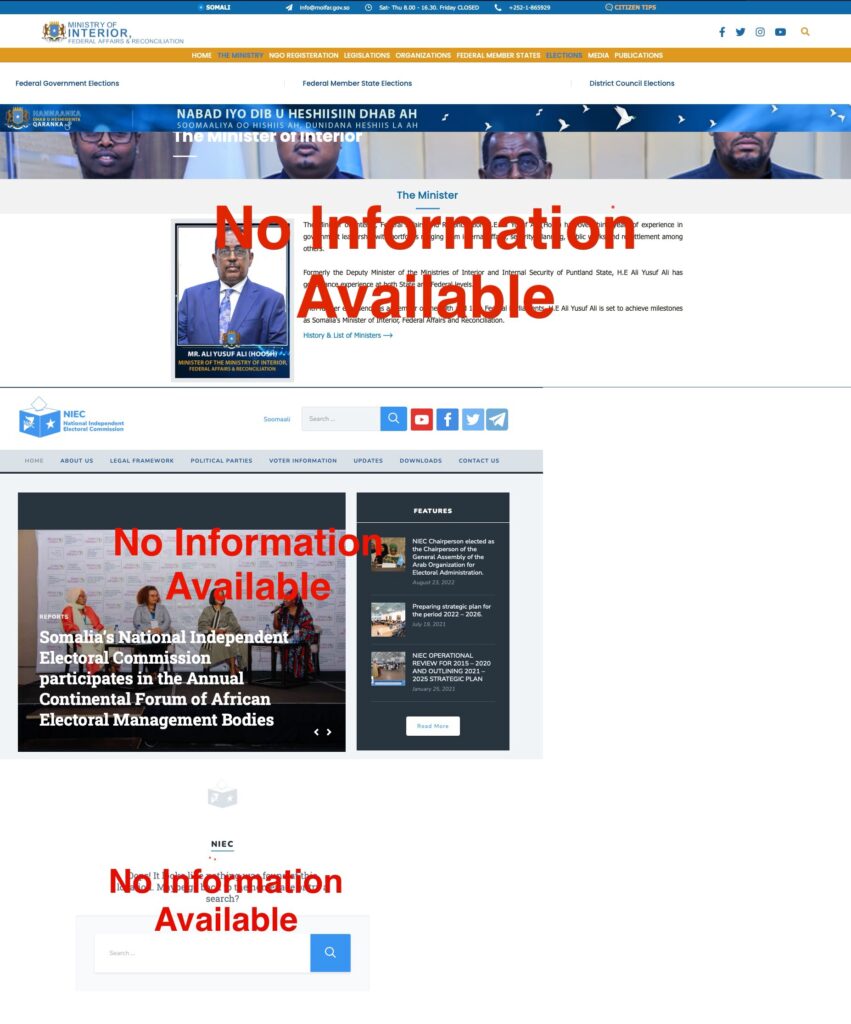
by
Disclaimer: This analysis is based on publicly available discussions and observations due to the lack of official documentation on the new process.
The recently announced “one person, one vote” (1P1V) election process in Somalia is being marketed as a breakthrough toward universal suffrage and democratic reform. However, after an attempt to review official details and listening to public discussions, it appears that the process lacks transparency and could further entrench systemic corruption rather than address the public’s long-standing concerns.
Despite efforts to locate official information about the election, no clear or comprehensive documentation exists. Instead, scattered discussions and unofficial sources suggest that this system will introduce political parties into Somalia. Citizens will vote for parties, and the three with the highest votes will be recognized as the country’s official parties for the next decade. This raises serious questions about accessibility, equity, and accountability, as the public has no clear guidelines on how parties will operate or be held accountable.
Corruption at Multiple Levels
The new system presents multiple opportunities for corruption:
- Gatekeeping by Party Leaders: For an individual to run for positions such as Member of Parliament (MP), they must belong to an official party. This opens the door to bribery, as candidates will likely need to pay off party leaders to secure their nomination.
- Clan Elder Involvement: Similar to the previous processes, candidates will also be required to pay off clan elders, perpetuating the very system the 1P1V process claims to reform.
- Pre-Selected Candidates: Once through the initial gatekeeping, pre-selected candidates will campaign for public votes, but the layers of corruption in the nomination process could already undermine the legitimacy of those candidates.
Erosion of Local Representation
Under this new framework, local and regional representation risks being eroded. Representatives could be chosen from anywhere in the country, provided they pass through the initial two gatekeeping stages. This undermines the principle of local governance and representation, leaving regions vulnerable to leaders with no local connection or accountability.
Questionable Independence of the Electoral Committee
The final stage of the election process involves the declaration of results by an election committee. Alarmingly, 8 of the 18 committee members are directly appointed by the current federal government. This raises serious concerns about the independence of the electoral process, both in fact and appearance, as the current government maintains significant control over the outcome.
A Sham of Universal Suffrage
While the introduction of 1P1V is portrayed as a historic shift toward universal suffrage, the reality appears to be a carefully constructed system that consolidates power and masks entrenched corruption under the guise of progress.
Somalis must demand transparency, accountability, and reforms that genuinely reflect the will of the people. Without addressing the systemic issues at each stage of this proposed process, the promise of 1P1V risks becoming yet another illusion in Somalia’s quest for democracy.
Share this post:
Leave a Reply